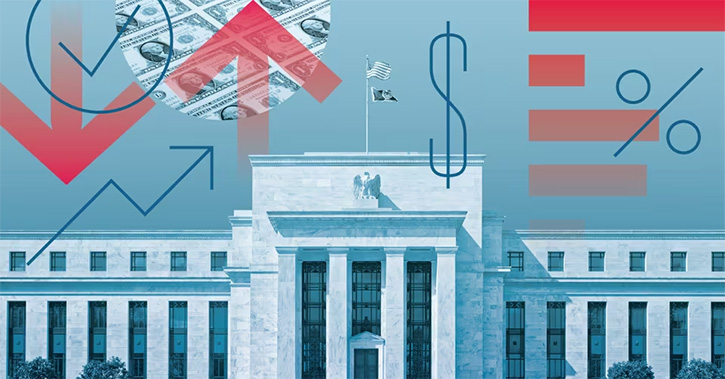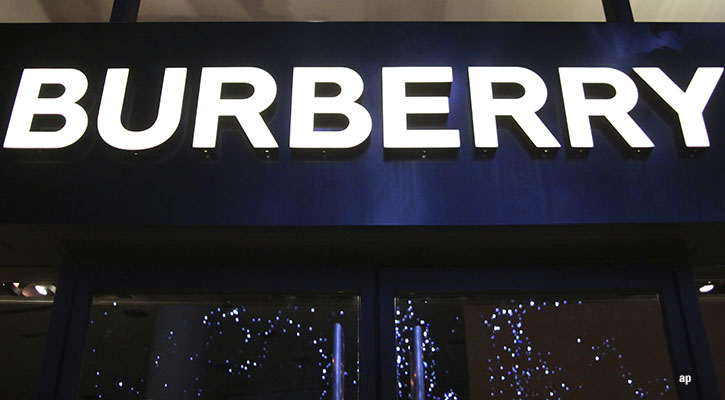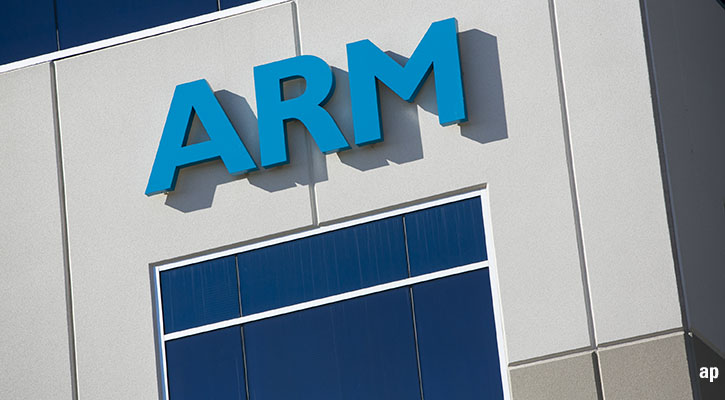Be Wary, Don’t Panic
Panic is sweeping the world’s stock markets. When that happens, it is important to tell yourself: Don’t panic.
You should also remember two basic rules of investing. 1) The market usually gets it right. 2) The market does not get it right all the time.
So we must accept that investors are right to be worried about the debt crisis in Europe, which is certainly not going to go away, and the possibility of a second dip into recession in the U.S. and the U.K., which is in the balance. However, we also need to bear in mind that when the market panics we get wild swings as people leap onto the bandwagon. Those wild swings inevitably lead to a correction.
I do not want to underplay the disaster that has beset shareholders this week. While I am not a great chartist, I am concerned for two reasons that the FTSE 100 index has fallen below 5,400 points.
First of all, there did seem to be a floor at around 5,800 points while the index was moving sideways around 6,000 points. That floor has been broken decisively. Secondly, 5,400 points was the ceiling the last time the market moved sideways for several months. That level has not provided a new floor as the index has dropped through 5,300 points.
This is a stark contrast with what happened a couple of years ago. When the index broke out of its trading range between 4,800 and 5,400 points it broke upwards, and went on to peak at 800 points above the previous ceiling. This time we have broken downwards and could be soon staring at 5,000 points.
Yet the big question for investors is this: If you take your money out of shares, what are you going to do with it? You could buy gold, certainly, but you would be doing so after a strong surge in the gold price. When the panic fades, the gold price could fall back quite sharply. Meantime it provides you with no income.
Putting your money on deposit does spare you from any more share price falls but interest rates are lousy. Gilts pay better interest but with the U.K. seen as a comparative safe haven they offer quite poor yields and gilt prices will fall as interest rates eventually rise. Likewise company bonds.
The fall in share prices has now put many solid companies across a wide range of sectors on yields of 5% or more. They include BAE Systems (BA.), National Grid (NG.), United Utilities (UU.), GlaxoSmithKline (GSK), Sainsbury (SBRY) and Vodafone (VOD). For the record, I have stakes in National Grid, Sainsbury and Vodafone. Many more shares offer yields of more than 4%.
If you hold on, the market will have to fall 4-5% further over the next 12 months to wipe out your gains from dividends. That is possible, but a lot of bad news is priced into the market. It may take some time for those who sold in panic this week to creep back but they will eventually return. Despite all that has happened this week, shares in solid companies with a decent yield are the best investment available.
Blacks’ Name is Mud
If you fancy a good kick about, take a look at Blacks Leisure (BSLA) and Sports Direct (SPD). Just be sure that you watch the game from the sidelines.
Sports Direct boss Mike Ashley has been playing around with rival retailer Blacks for some time, using his 21% stake in his rival like a baseball bat. His latest power play was to ‘invite’ Blacks chairman David Bernstein in for a half time chat, knowing that this was an invitation Bernstein would very sensibly decline. Quite reasonably, Bernstein wanted to know what would be on the agenda.
Ashley’s track record at Sports Direct, Newcastle United and Blacks Leisure leaves much to be desired. If he is now going to be distracted by making life difficult for Bernstein, as he has threatened to do, then everyone stands to lose and no-one stands to win.
Safety Valves
Two engineering companies that make valves put out excellent reports this week.
Weir Group (WEIR) saw pre-tax profits rise by a quarter in the first half of 2011 to £167.7 million on revenue up by a third to £1 billion. Equally encouraging, the order book is up by nearly 30%, thanks mainly to new mining projects in South America and demand for shale oil and gas equipment in the U.S.
Rotork (ROR) raised profits by a more modest 5.8% in the first half but added that results for the full year would be ‘materially’ ahead of expectations. Its order book is up 22.5%.
Both sets of shares held around their 12-month highs until the market panic pulled them back and both are still well ahead over the past year. Morningstar Premium gives Rotork’s prospective yield as 2.4% and Weir’s as 1.9%. While neither figure is compelling, existing shareholders should certainly hold on. With the stock market falling heavily, outsiders might care to keep an eye on this pair and consider coming in at a lower level if possible.























